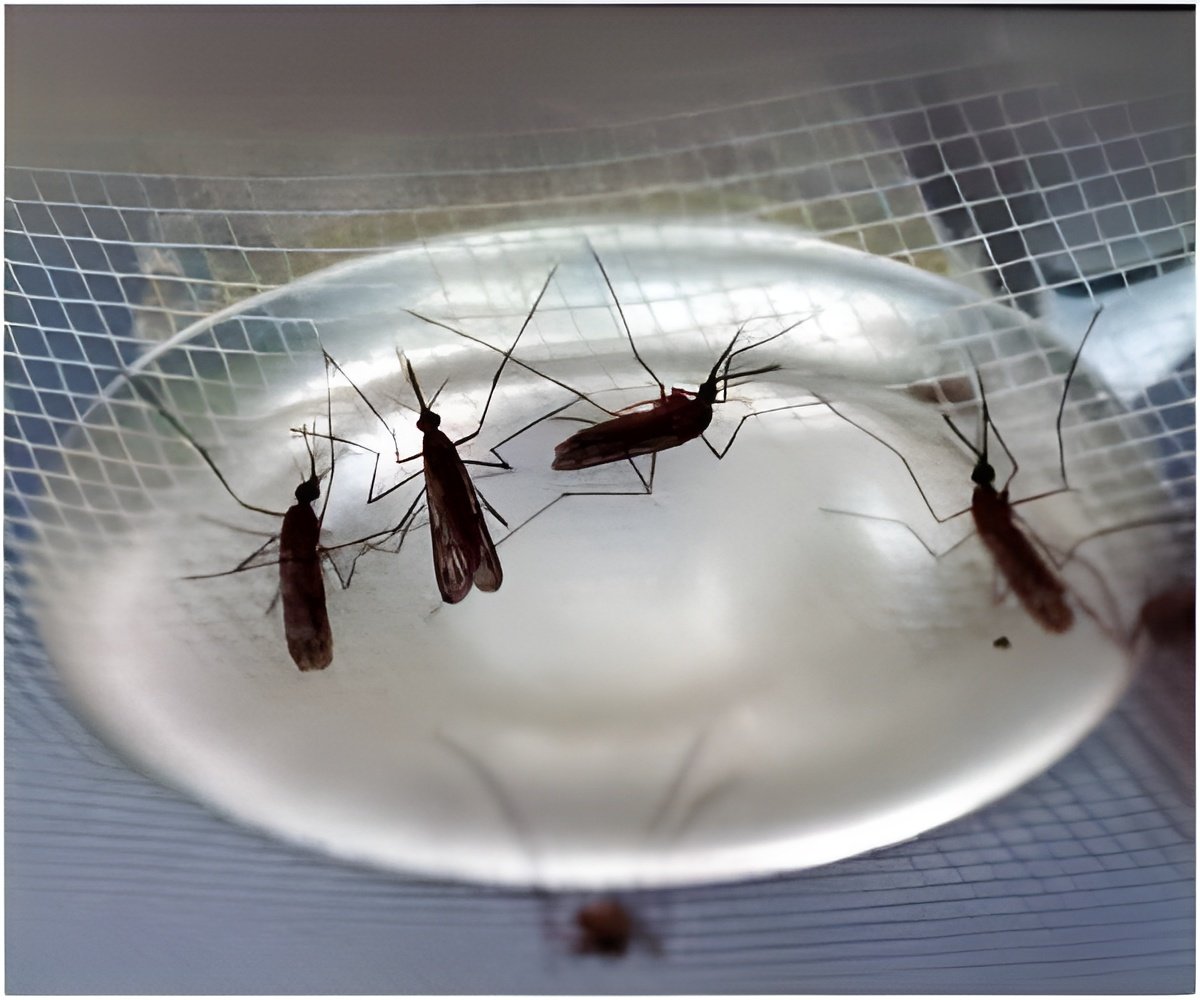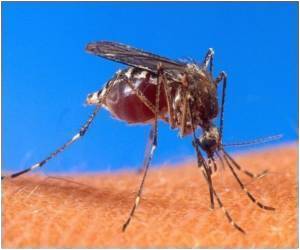
According to the World Health Organization, each year, dengue virus infects about 50 million to 100 million people and causes between 10,000 and 15,000 deaths, most of them in children. Symptoms include high fever and pain in the muscles and joints, and in severe cases can include bleeding under the skin, damage to blood vessels and death. The disease, which is prevalent in tropical and subtropical regions of the world, has been reported recently in parts of the United States, such as Hawaii, Puerto Rico and Florida. There is no vaccine or drug treatment for dengue. The only way to prevent infection is to avoid being bitten by Aedes mosquitoes, which can carry the virus in their salivary glands. The Hopkins researchers sought to learn how dengue virus affects the way the glands function during virus transmission. They compared the expression of several thousand genes in Aedes aegypti mosquitoes that either were or were not infected with dengue virus. The researchers found that dengue infection triggered increased activity of 130 salivary gland genes, including genes with functions such as enabling the spread of virus between cells, destroying the mosquito's immune system cells and making blood feeding more efficient.
Through further experiments, the researchers found three salivary gland genes that modulate dengue virus infection of mosquitoes and two olfactory genes that help control the way mosquitoes search for and bite humans. Future studies should address the roles and functions of these and other genes that are triggered by dengue infection, the investigators write.
Source-Eurekalert












